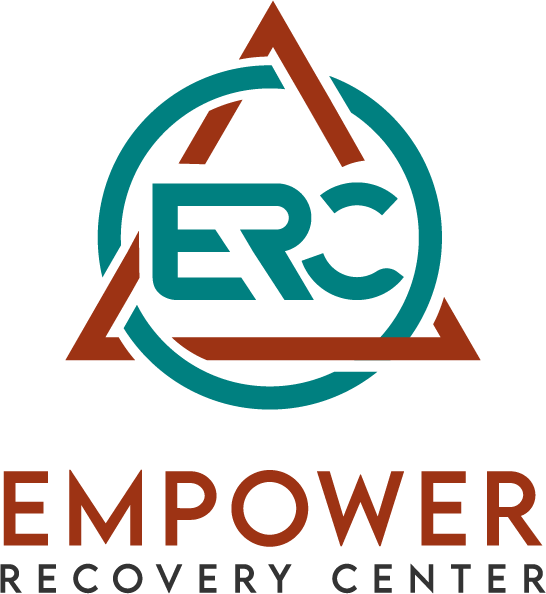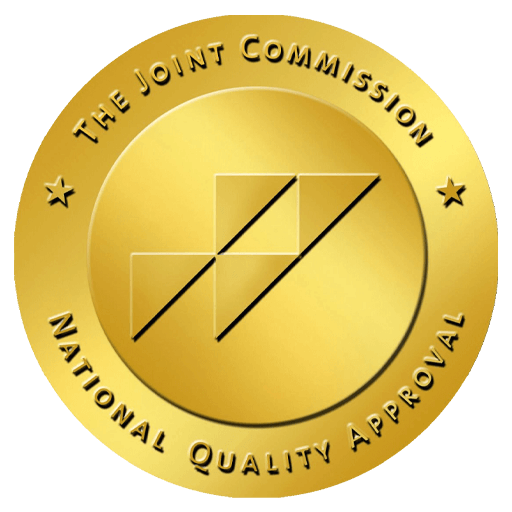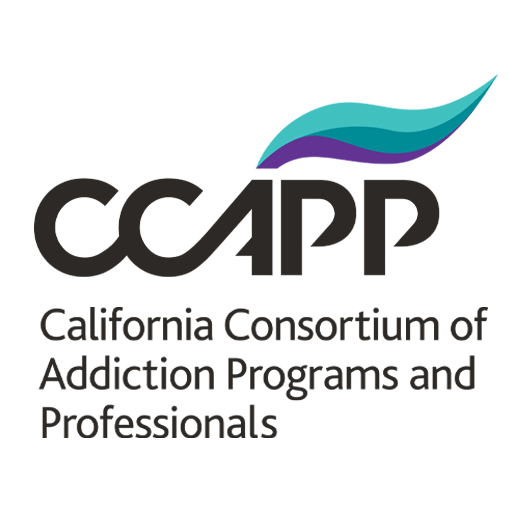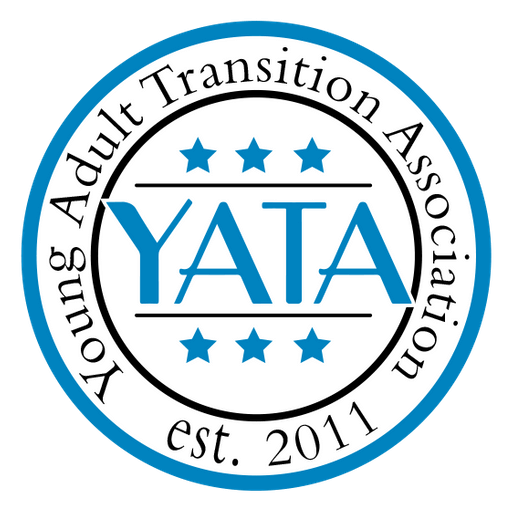Why Seeking Help for Complicated Grief Matters
Grief is a natural and inevitable aspect of human life, a journey that can profoundly impact our emotional landscape. For some, however, this journey can become complex, lingering, and debilitating, evolving into what professionals term “complicated grief.” This condition is more than just an extended state of mourning; it can significantly impair one’s ability to function in daily life. At this point, seeking help from a specialized complicated grief treatment center becomes crucial.
Complicated grief can manifest as intense sorrow, yearning, or preoccupation with the deceased, often persisting over lengthy periods. It’s a potent mix of emotional turmoil that not only affects mental health but can also have physical ramifications. This tumultuous experience can disrupt sleep, concentrate on tasks, or even engage in joyful activities. Recognizing the need for professional intervention can be a vital step towards healing and reclaiming a sense of normalcy.
Diverse Treatment Approaches in a Complicated Grief Treatment Center
Within a complicated grief treatment center, several therapeutic modalities are employed to address and alleviate the symptoms of this condition. While traditional grief counseling forms the backbone of these programs, a multi-faceted approach often yields the most effective results.
- Cognitive Behavioral Therapy (CBT): This structured approach helps individuals modify unhealthy patterns of thought and behavior associated with their grief.
- Group Therapy: Sharing experiences with others who face similar challenges can provide a sense of community and support.
- Mindfulness and Meditation: These practices encourage individuals to anchor themselves in the present moment, reducing anxiety and allowing for a gentler, more compassionate self-exploration.
In my two decades of experience at Empower Recovery Center, I’ve seen how integrating these therapies can foster significant breakthroughs. Clients often benefit from the supportive environment that allows for vulnerability and growth.
What Makes a Complicated Grief Treatment Center Effective?
An effective complicated grief treatment center distinguishes itself through a combination of personalized care, a comprehensive range of therapies, and a supportive community environment. But what truly sets a center apart?
Firstly, it’s the presence of highly trained professionals who possess both the empathy and expertise to guide individuals through their grief. Secondly, a successful center offers tailored treatment plans that address the unique needs of each individual. This customized approach often includes a mix of individual and group therapy sessions, workshops, and holistic practices.
Emphasis on creating a safe space where clients feel heard and understood cannot be overstated. It’s the cornerstone upon which healing is built. When individuals feel secure, they are more likely to open up about their pain, which is a critical step in the therapeutic process.
Specialized Approaches: Beyond the Conventional
In recent years, the field of grief therapy has expanded to include more specialized approaches that can be transformative for some individuals. One promising method is narrative therapy, which empowers clients to rediscover and reshape the stories they tell themselves about their grief.
At Empower Recovery Center, we’ve also explored the benefits of incorporating creative arts therapy. Activities such as painting, music, and dance offer alternative avenues for expression and can help bypass verbal barriers that some may face. Additionally, we’ve seen the burgeoning interest in equine-assisted therapy, where interaction with horses provides profound emotional insights and healing opportunities.
These innovative therapies are not just add-ons; they’re integral components of a holistic treatment plan that recognizes the diversity of human experience and expression.
How to Choose the Right Complicated Grief Treatment Center?
Choosing a complicated grief treatment center can feel daunting, yet certain criteria can guide this important decision. Here’s a concise roadmap to assist you:
- Identify centers that specialize specifically in complicated grief, ensuring they have dedicated programs and staff.
- Research the credentials and experience of the therapists and counselors involved.
- Visit the center if possible, to get a feel for the environment and community.
- Evaluate the range of therapies offered to ensure they align with your personal comfort and needs.
- Inquire about post-treatment support, such as alumni programs or continued therapy options.
Making an informed choice can significantly impact the trajectory of one’s healing journey, as the right environment and support can foster profound personal transformation.
How is Complicated Grief Different from Normal Grief?
Complicated grief is distinct from normal grief due to its intensity and duration. While normal grief sees a gradual reduction in symptoms over time, complicated grief often persists and can worsen, interfering with daily life. This is why a complicated grief treatment center can be pivotal in providing the necessary tools and support for recovery.
Descriptions of complicated grief include recurring, intrusive thoughts about the deceased, avoidance of reminders, and intense longing that can lead to feelings of purposelessness or hopelessness. Recognizing these differences is essential for seeking the right type of help.
It’s important to remember that grief is a deeply personal experience, and there’s no ‘right’ way to grieve. However, when grief becomes an obstacle to living a fulfilling life, specialized intervention is not only beneficial but necessary.








